1. Let It Be – The Beatles
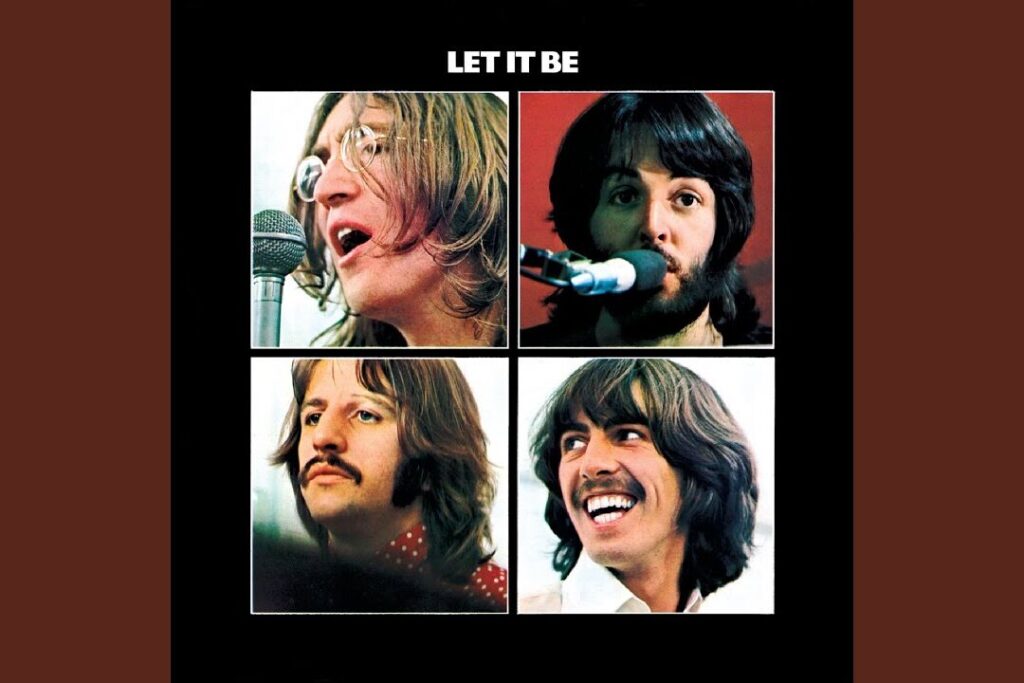
“Let It Be” emerged during The Beatles’ turbulent final days, with Paul McCartney writing it as the group was unraveling. Its tone was so emotional and reflective that there was hesitation over releasing it as a single. Some worried it would be too heavy given the band’s internal struggles. Yet once it was released, the song quickly became a beacon of hope and comfort for fans. Its uplifting message and gospel-inspired piano line resonated deeply, helping the band leave behind one of their most beloved tracks. “Let It Be” turned a painful chapter in their history into one of their most enduring legacies.
2. Maggie May – Rod Stewart
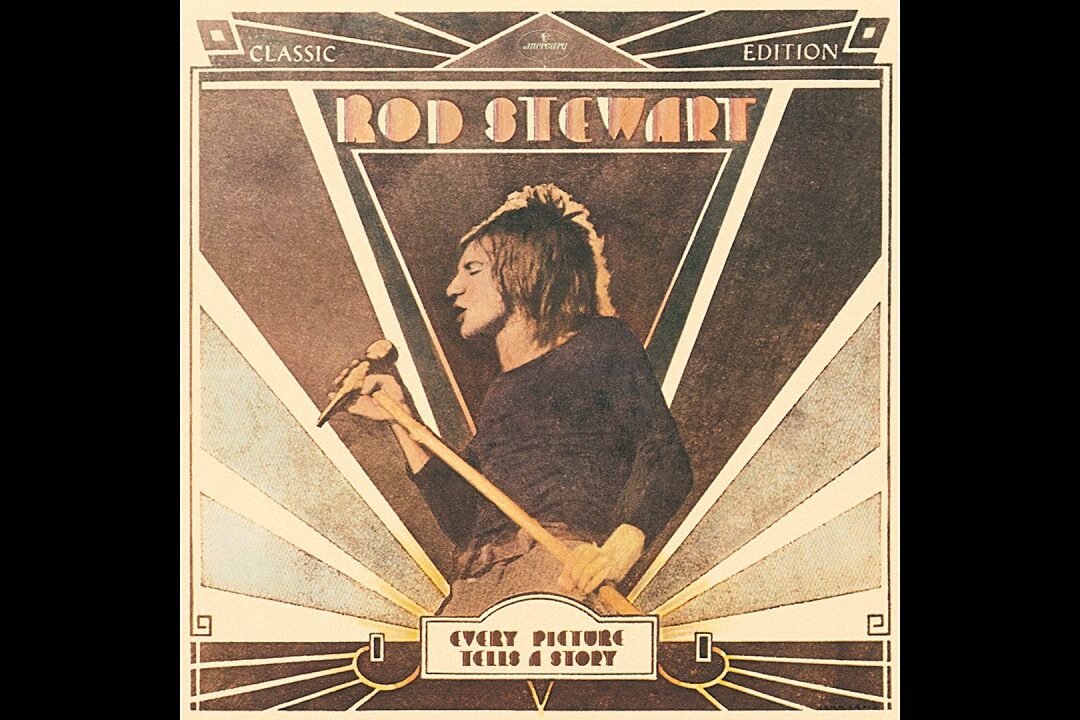
“Maggie May” was never intended to be a hit. It was released as the B-side to “Reason to Believe,” with the label assuming it was just a filler track. But when radio DJs began playing it instead, listeners immediately connected with its storytelling and Stewart’s distinctive raspy voice. The unexpected popularity forced the label to flip the single, turning “Maggie May” into the lead. The song went on to top charts in both the UK and the US, becoming Stewart’s breakthrough hit. Its rise from overlooked B-side to classic rock essential shows how sometimes the biggest successes come from the most surprising places.
3. Bohemian Rhapsody – Queen

When Queen brought “Bohemian Rhapsody” to their label, executives nearly shut it down. At over six minutes long with operatic sections, shifting tempos, and no clear chorus, it was considered too strange for radio. Freddie Mercury refused to back down, insisting the song was exactly how it should be. The gamble paid off when a London DJ took a chance and played the entire track on air, sparking massive listener demand. Soon, the song climbed to number one in the UK and became a defining anthem of rock. Today, “Bohemian Rhapsody” is regarded not just as Queen’s signature song, but as one of the most innovative and beloved recordings in music history, forever proving that risks can change the soundscape of popular music.
4. Go Your Own Way – Fleetwood Mac
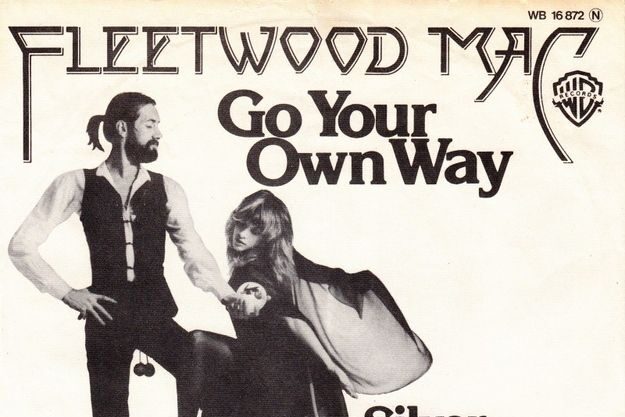
“Go Your Own Way” was born out of turmoil during the recording of Fleetwood Mac’s Rumours. Lindsey Buckingham’s sharp lyrics, directed at Stevie Nicks, created tension within the band, and there was debate over whether the track was too personal to release. Yet despite the discomfort, it became the album’s first single and set the stage for Rumours to become one of the best-selling albums of all time. With its driving beat and emotional honesty, the song turned raw conflict into timeless art. Its success proved that authenticity, even when painful, could resonate powerfully with listeners. Today, “Go Your Own Way” stands as both a rock radio staple and an enduring example of how personal struggles can fuel creative breakthroughs.
5. Born to Run – Bruce Springsteen
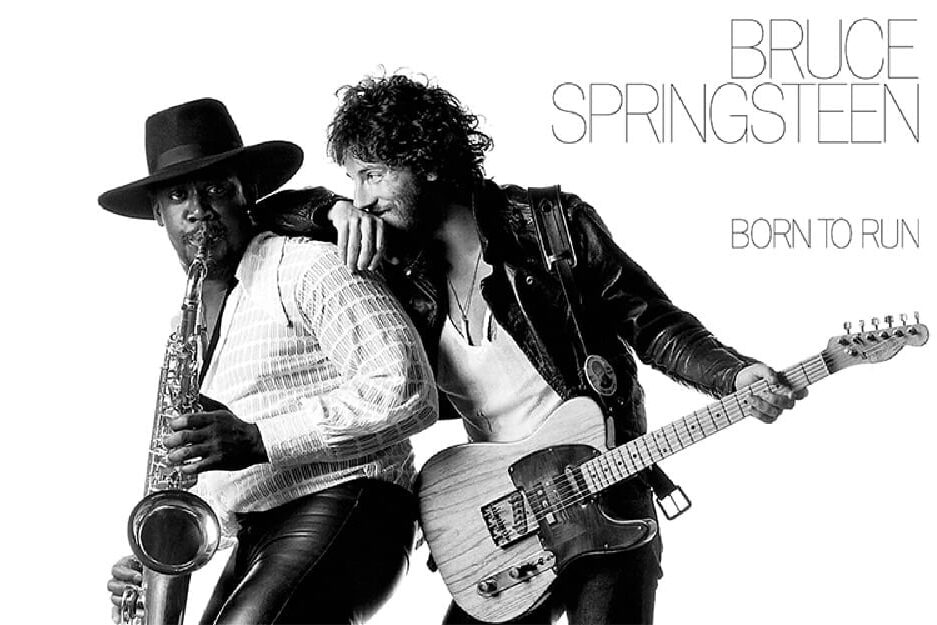
Bruce Springsteen poured his soul into “Born to Run,” obsessing over its sound for months. He wanted it to feel larger than life, mixing elements of rock, soul, and Phil Spector’s wall of sound. Record executives, however, worried it was too grand and overloaded with instruments. Despite the doubts, Springsteen refused to compromise. When the song finally reached radio, it electrified audiences and became his breakthrough. The track not only launched Springsteen into superstardom but also captured the restless spirit of American youth in the 1970s. “Born to Run” turned from a near-overproduced gamble into a timeless anthem, proving that ambition in music can pay off when paired with passion and authenticity.
6. Stairway to Heaven – Led Zeppelin

When Led Zeppelin debuted “Stairway to Heaven,” some in the music industry thought it was too long and meandering for radio. At over eight minutes, it lacked a traditional chorus and built slowly toward its explosive climax. Yet word-of-mouth among fans made it one of the most requested songs in rock history, even without an official single release. The track grew into a defining piece of Zeppelin’s identity, blending folk, hard rock, and mystical lyrics into a unique masterpiece. “Stairway to Heaven” didn’t just defy radio conventions, it redefined what a rock song could be, inspiring countless bands to experiment with length, structure, and ambition in their own music.
7. Hotel California – The Eagles
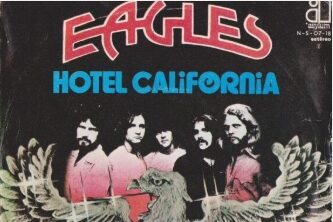
When The Eagles recorded “Hotel California,” their label hesitated to back it. At over six minutes long with dark, cryptic lyrics, it wasn’t the kind of track executives expected to succeed on radio. Some even worried its themes were too bleak. But when it was finally released, the haunting guitar solos and mysterious storytelling captured audiences around the world. The song quickly became the centerpiece of The Eagles’ career, winning a Grammy and cementing their place in rock history. Today, “Hotel California” is considered one of the greatest rock songs ever recorded, showing how pushing beyond safe boundaries can create timeless art.
8. American Pie – Don McLean
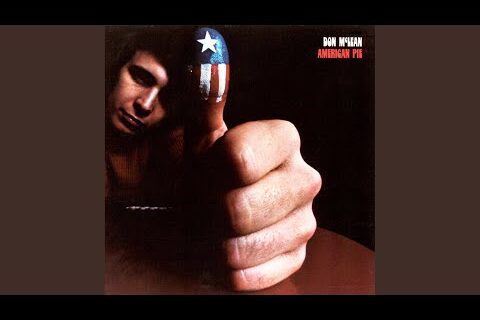
Don McLean’s “American Pie” nearly didn’t make it to radio because of its unusual length. At more than eight minutes, stations feared audiences wouldn’t stick around. But its poetic storytelling about “the day the music died” struck a chord with listeners, who demanded to hear it in full. Despite the doubts, the song soared to number one in 1972 and became one of the most iconic folk-rock ballads of all time. Its mix of mystery, nostalgia, and cultural commentary ensured its lasting influence. What was once seen as impractical for airplay became a defining piece of American music history.
9. More Than a Feeling – Boston
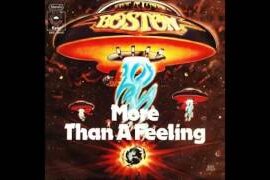
“More Than a Feeling” was created by Tom Scholz in his basement using homemade recording equipment, and the label doubted its quality from the start. Executives weren’t sure a home-produced track could stand up to studio-polished hits. But when the song was released in 1976, its soaring vocals and instantly recognizable guitar riff made it an instant success. It became the launchpad for Boston’s career and a staple of classic rock radio. The story of “More Than a Feeling” is proof that passion and creativity can shine through any recording limitations, ultimately redefining expectations for debut singles.
10. Imagine – John Lennon
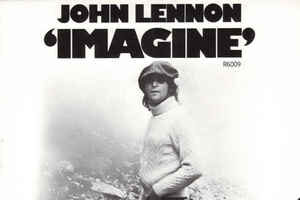
When John Lennon released “Imagine,” some thought it was too controversial, especially its lyrics calling for a world without religion, possessions, or borders. There were concerns that it might alienate listeners rather than inspire them. Yet the song’s gentle melody and powerful message of peace gave it lasting universal appeal. Over time, “Imagine” became more than a song, it grew into an anthem embraced around the world during moments of reflection and unity. What was once viewed as risky became one of the most iconic songs of all time, firmly securing Lennon’s legacy as both a musician and a voice for peace.
11. Superstition – Stevie Wonder

“Superstition” was originally written by Stevie Wonder for guitarist Jeff Beck, but Motown urged Stevie to keep it for himself. At first, he was hesitant, but once released, it became one of his biggest hits. The song’s funky clavinet riff and infectious rhythm dominated the charts and showcased Stevie’s genius for blending groove with socially aware lyrics. Winning a Grammy and topping the Billboard Hot 100, “Superstition” didn’t just elevate Stevie’s career, it helped define the sound of ’70s funk and soul. What nearly slipped through his fingers became a cornerstone of his legacy and one of the most recognizable songs in modern music.
12. Go All the Way – Raspberries
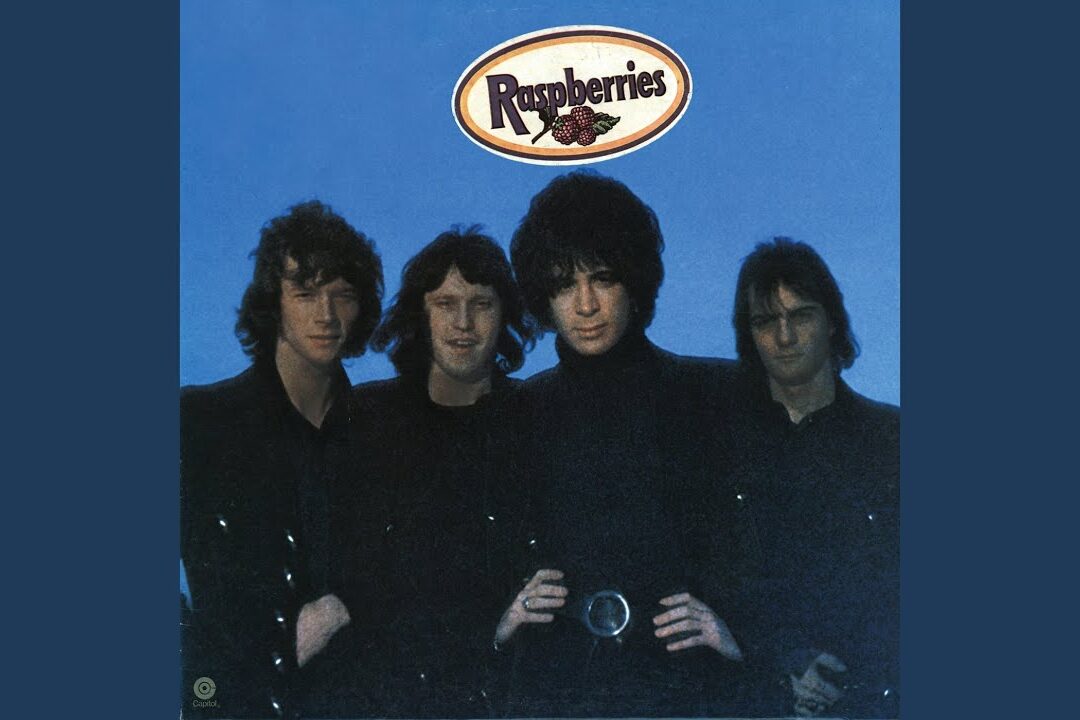
The Raspberries’ “Go All the Way” sparked controversy from the moment it was recorded. Some radio stations considered its lyrics too suggestive, leading to talk of banning it. But instead of sinking, the song caught fire with listeners who loved its mix of power-pop energy and Beatles-inspired harmonies. Released in 1972, it climbed the charts and became the band’s defining hit. While its edgy reputation made executives nervous, the song ultimately captured the rebellious spirit of the early ’70s. Today, “Go All the Way” remains a classic example of how a song once deemed too risky can end up shaping a genre.
13. What’s Going On – Marvin Gaye
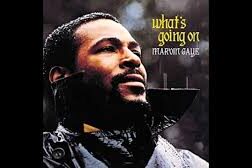
When Marvin Gaye presented “What’s Going On” to Motown, Berry Gordy flat-out rejected it, calling it too political and worried it would hurt the label’s clean image. But Gaye stood his ground, refusing to record anything else until the song was released. When it finally hit the airwaves in 1971, its soulful plea for peace and social justice struck a deep chord with listeners. It became a landmark single, opening the door for more socially conscious music in mainstream R&B and soul. What began as a battle of wills turned into one of the most important songs of all time, proving that music can be both powerful and transformative.
14. Tiny Dancer – Elton John
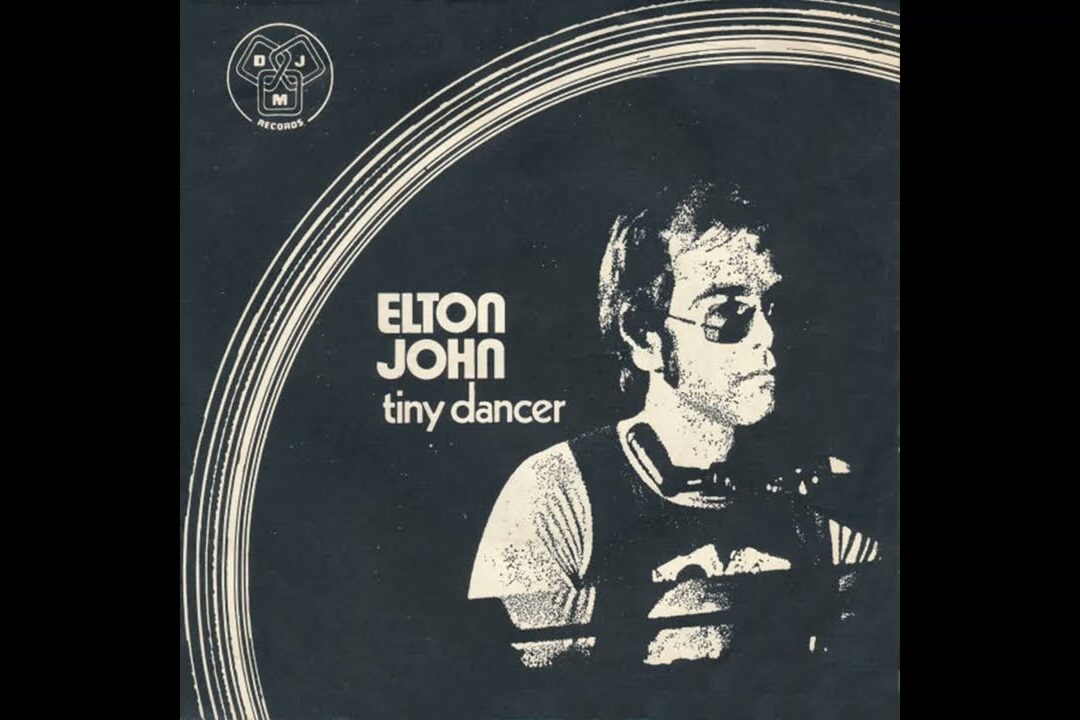
“Tiny Dancer” was released in 1971 but initially struggled on radio. Many programmers thought it was too slow, too long, and lacked the immediacy needed for a hit. As a result, it charted modestly at first. But over time, fans embraced its heartfelt lyrics by Bernie Taupin and Elton John’s soaring vocals. Its revival came decades later when it was featured in the 2000 film Almost Famous, which introduced it to a new generation. Now, “Tiny Dancer” is one of Elton John’s most cherished songs, proving that true classics sometimes need time, and the right moment, to shine.
15. Sweet Home Alabama – Lynyrd Skynyrd
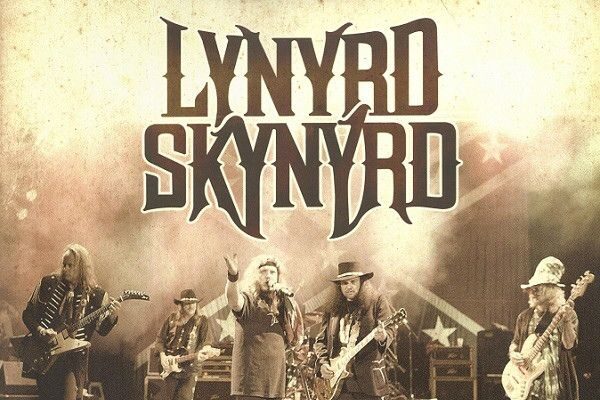
When Lynyrd Skynyrd wrote “Sweet Home Alabama,” they intended it as a playful response to Neil Young’s songs criticizing the South. At first, they didn’t expect it to resonate much beyond their regional fanbase. Instead, the song took off nationally, becoming an anthem that transcended its original context. Its catchy guitar riff and sing-along chorus made it a staple of rock radio, while its cultural impact continues to spark conversations decades later. What started as a tongue-in-cheek rebuttal turned into one of the most enduring Southern rock songs ever recorded, cementing the band’s place in music history.
16. Black Dog – Led Zeppelin
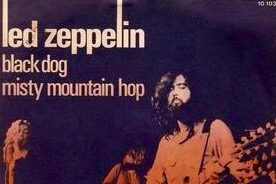
When Led Zeppelin recorded “Black Dog,” producers worried its unusual time signature and stop-start rhythm would confuse listeners and make it difficult for radio play. Robert Plant’s soaring vocals paired with Jimmy Page’s intricate riffs created a track that didn’t follow traditional rock structures. Yet instead of alienating fans, the song became one of Zeppelin’s most celebrated hits, showcasing their fearless approach to hard rock. Released in 1971, it opened their landmark album Led Zeppelin IV and set the tone for a record that would shape the future of rock. What was once seen as too complex became a defining anthem of the genre.
17. Dancing Queen – ABBA
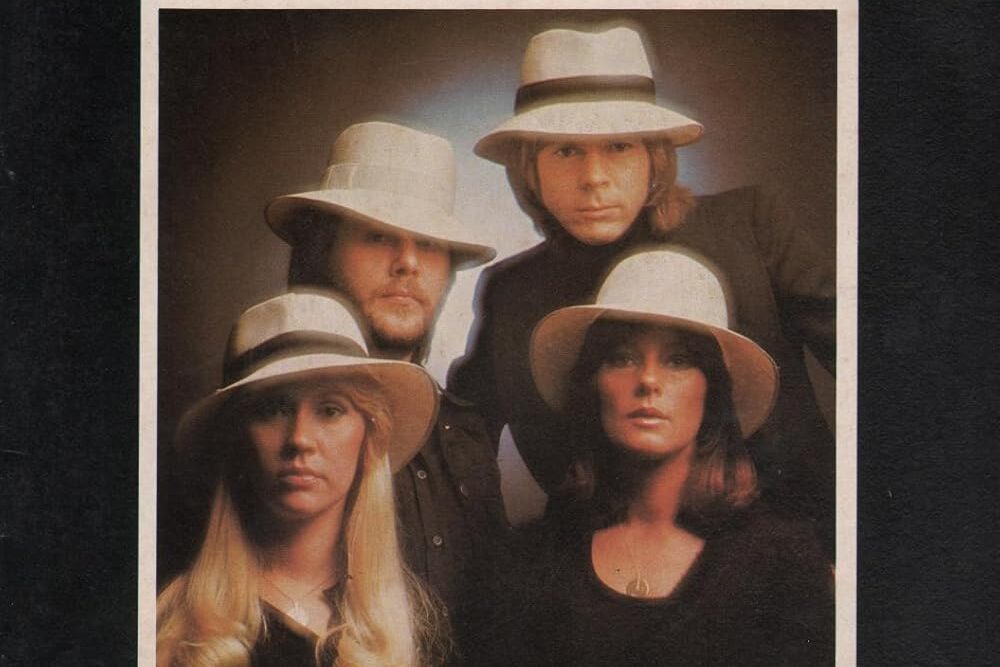
ABBA’s “Dancing Queen” almost didn’t make the cut because Björn Ulvaeus and Benny Andersson weren’t sure it fit the band’s evolving sound. They worried it might feel too disco-heavy compared to their usual pop style. But when they performed it live, the reaction was overwhelming, convincing them to release it. The song became a worldwide sensation in 1976, topping charts in over a dozen countries, including the U.S. Its joyful energy and timeless melody cemented it as ABBA’s signature hit. “Dancing Queen” proved that trusting audience response can turn hesitation into one of the most beloved pop songs of all time.
18. Free Bird – Lynyrd Skynyrd
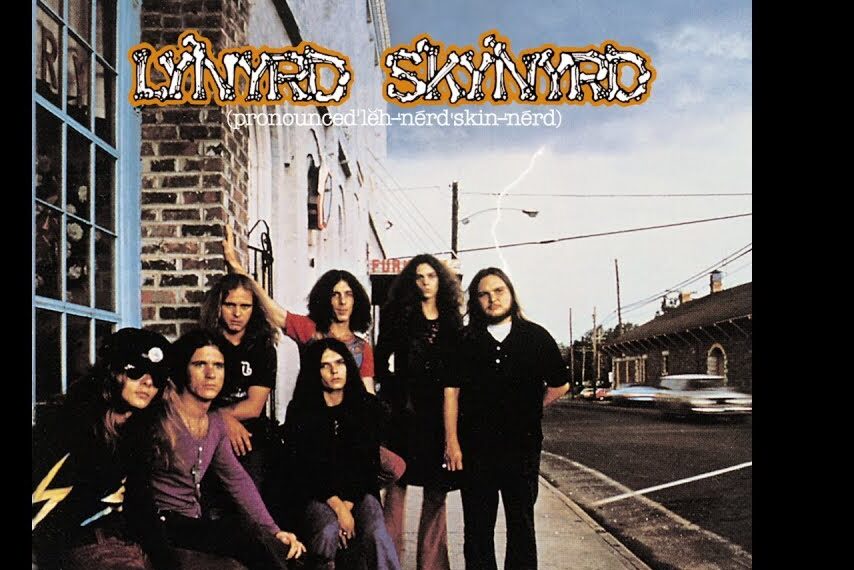
At over nine minutes long, “Free Bird” left record executives doubtful about its chances for radio success. They feared audiences wouldn’t have the patience for such an extended track. But its heartfelt balladry, followed by a legendary guitar solo, made it irresistible to rock fans. Released in 1973, it became Skynyrd’s most requested live song and an enduring anthem for freedom and defiance. Today, cries of “Play ‘Free Bird’!” are part of rock concert culture. What was once considered too long became one of the most iconic performances in rock history, solidifying the band’s legacy.
19. Smoke on the Water – Deep Purple
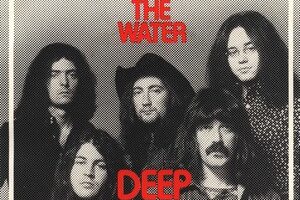
“Smoke on the Water” was almost dismissed as too simple by critics and producers. Built around one of the most famous riffs in rock history, it didn’t seem sophisticated compared to other progressive tracks of the era. But its raw power and storytelling, recounting the fire that destroyed a casino in Switzerland, resonated strongly with listeners. Released in 1972, it became Deep Purple’s defining song and a beginner’s rite of passage for countless guitar players. The track’s simplicity turned into its strength, proving that sometimes the most straightforward ideas leave the deepest impact.
20. Piano Man – Billy Joel
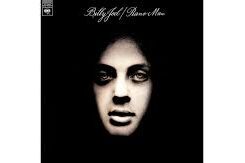
When Billy Joel released “Piano Man” in 1973, Columbia Records didn’t know how to market it. The song was a semi-autobiographical ballad about Joel’s days playing in bars, filled with vivid characters and a sing-along chorus. Executives doubted whether such a personal, storytelling song would catch on. But listeners connected instantly, and it became his first major hit. Over time, “Piano Man” has grown into Joel’s signature song, closing nearly every concert he performs. What once seemed too niche to succeed became a universal anthem that has endured for generations.
21. Purple Haze – Jimi Hendrix

Music history is full of close calls, and Jimi Hendrix’s “Purple Haze” is one of them. When Hendrix first shared the track, its distorted guitar tones and surreal lyrics worried producers. They felt it might be too psychedelic for radio or misunderstood by mainstream audiences. Hendrix stood firm, insisting the sound remain untouched. Released in 1967, it quickly became a defining song of the counterculture movement, solidifying Hendrix’s place as an innovator. What executives doubted ended up reshaping rock and inspiring countless musicians who came after him. It proved that risk sometimes delivers the most groundbreaking rewards.
22. Good Vibrations – The Beach Boys
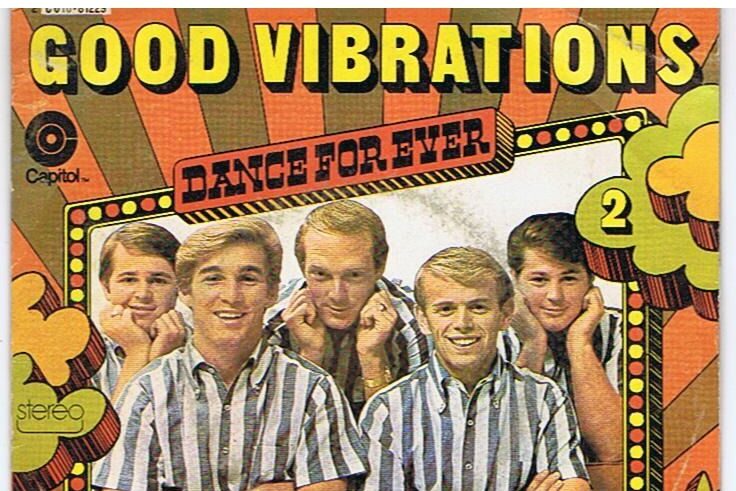
Brian Wilson’s “Good Vibrations” was such an ambitious project that Capitol Records nearly refused to back it. Wilson spent months layering sounds, using unusual instruments like the theremin and piecing together recordings from multiple sessions. Executives thought it was too expensive and too experimental to release as a single. Even members of the band questioned its direction. But when it finally hit the airwaves in 1966, it reached number one and became known as a pop masterpiece. The song’s complexity turned skepticism into triumph and showed how experimentation could change the very possibilities of popular music forever.
23. Respect – Aretha Franklin
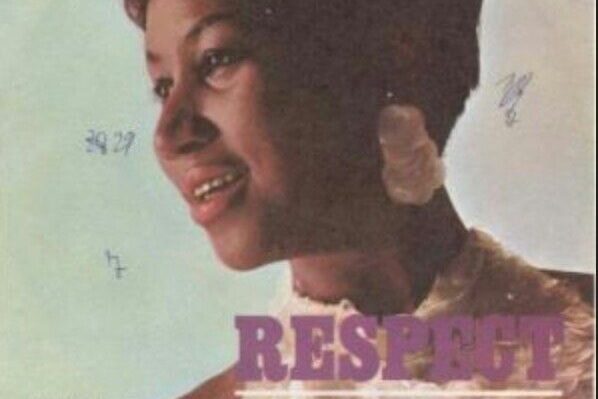
When Aretha Franklin chose to cover Otis Redding’s “Respect,” it was far from a guaranteed success. Some doubted whether flipping the male perspective into a bold female demand would work for mainstream audiences. Executives worried it might come across as too confrontational. Franklin’s commanding voice and fresh arrangement proved them wrong. Released in 1967, it not only topped the charts but also became a rallying cry for civil rights and women’s rights. What others thought might be too risky became her signature song and a timeless anthem, showing how music could lead social change while moving hearts worldwide.
24. I Will Always Love You – Whitney Houston
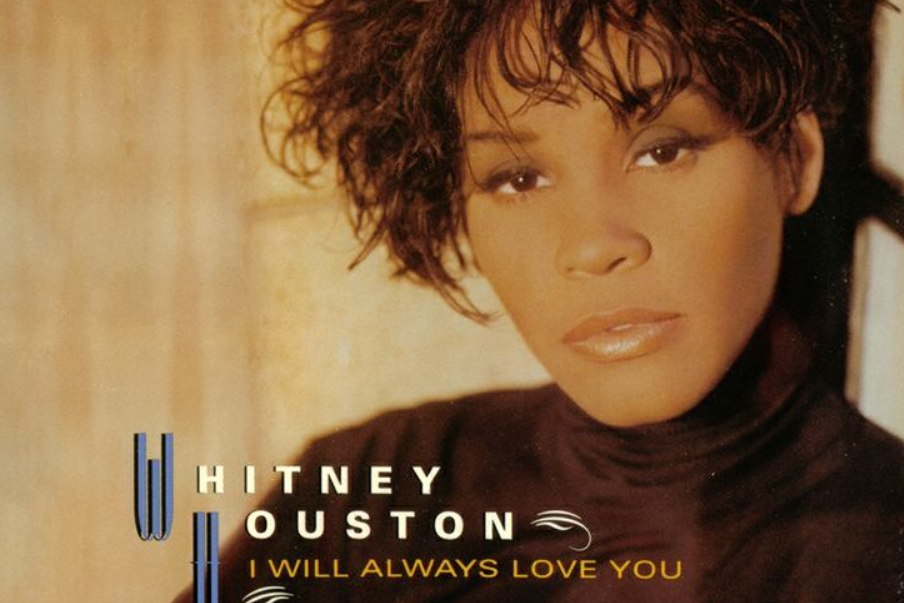
The Bodyguard soundtrack almost excluded Whitney Houston’s version of “I Will Always Love You.” Producers felt the song was too slow for such a big film and wanted to pick another ballad. Houston believed in it and fought to keep it, opening with a spine-tingling a cappella intro. When released in 1992, it soared to number one across the globe and became one of the best-selling singles ever. What could have been passed over turned into her career-defining performance, showing that true emotion and unmatched delivery can transform even a simple ballad into an unforgettable musical moment.
25. Smells Like Teen Spirit – Nirvana

Nirvana’s “Smells Like Teen Spirit” was never expected to become more than an underground track. The label considered its raw sound and cryptic lyrics too unconventional for mainstream play. Even Kurt Cobain thought it was just another song inspired by the Pixies. Then MTV began airing the video, and its chaotic energy caught fire. Released in 1991, it became the anthem of a generation and brought grunge into the spotlight. What was once doubted as too raw reshaped the music industry. It proved that authenticity and raw emotion could break barriers and define an entire cultural movement.
26. Billie Jean – Michael Jackson
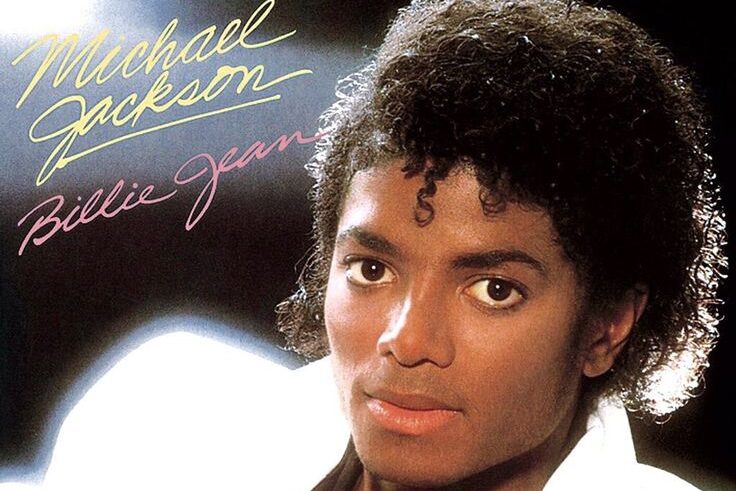
When Michael Jackson introduced “Billie Jean,” Quincy Jones wanted to cut it from Thriller. He argued that the bassline intro dragged on too long and the lyrics, referencing a paternity claim, might spark controversy. Jackson refused, insisting the song had a unique magic. He was right. Released in 1983, “Billie Jean” topped charts worldwide and played a pivotal role in breaking racial barriers on MTV with its iconic video. It became one of the defining songs of his career. What was nearly dropped as too controversial turned into an unstoppable hit that pushed Thriller to legendary heights.
27. Yesterday – The Beatles

Paul McCartney’s “Yesterday” almost didn’t see the light of day. The song featured only McCartney with a string quartet, a major departure from The Beatles’ usual rock style. The other band members worried fans expecting guitars and drums would reject it. After some hesitation, it was included on Help! in 1965. Audiences embraced it, and it quickly became one of the most covered songs of all time. What seemed like too big a departure became a timeless classic. Its simplicity and vulnerability showed that even in an era of electric experimentation, quiet beauty could capture the world’s heart.
28. What’d I Say – Ray Charles
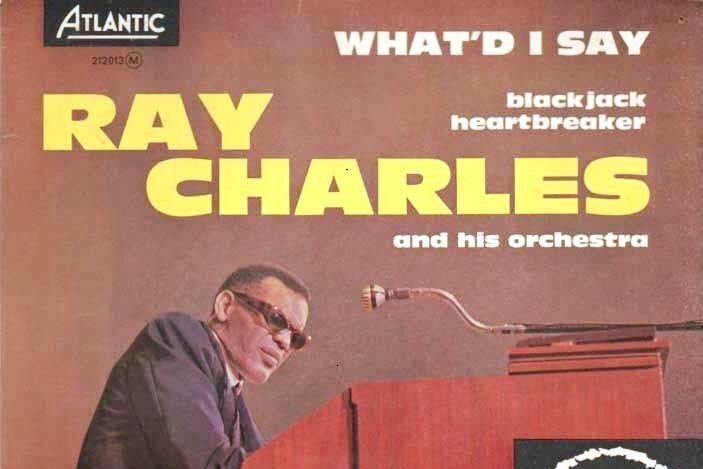
Ray Charles first created “What’d I Say” by accident when he ran out of material during a live performance and improvised on stage. The crowd loved it, but executives hesitated to release it, claiming its suggestive lyrics and gospel-style responses were too risqué for radio. Some stations even banned it. Still, Charles recorded it, and when released in 1959, it became his first crossover hit. It reached both R&B and pop audiences, blending gospel, blues, and soul into something new. What began as a spontaneous jam ended up defining his career and shaping the future of modern music.
29. London Calling – The Clash
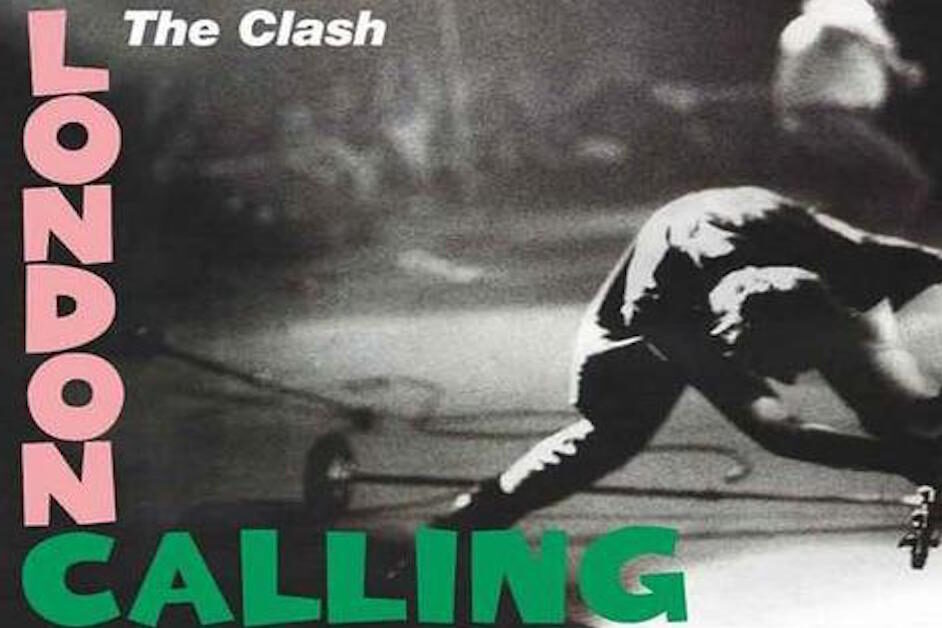
The Clash fought to release “London Calling,” despite pushback from executives who thought its themes of apocalypse and societal collapse were too grim. They also worried the band’s reggae-punk fusion was too unconventional to sell in the United States. The group refused to compromise. Released in 1979, it became the title track of their breakthrough double album and a defining song of punk rock. Its urgency resonated across the world, with listeners connecting to its raw truth. What seemed too political and abrasive at first became one of the most powerful anthems of its time, still relevant today.
30. Bridge Over Troubled Water – Simon & Garfunkel
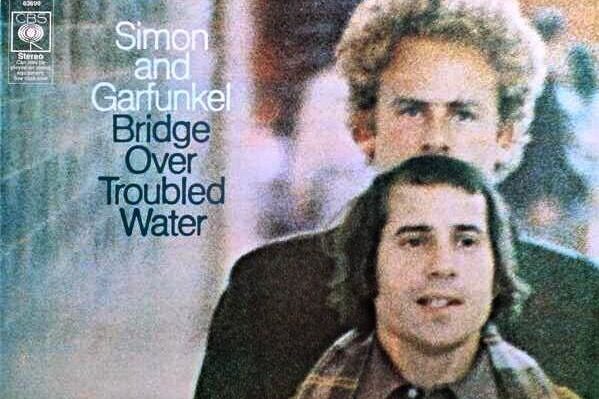
Paul Simon was unsure about “Bridge Over Troubled Water.” He wrote it in a gospel-inspired style that didn’t match Simon & Garfunkel’s usual sound. Art Garfunkel sang lead while Simon stood back, but Columbia worried its slow pace would drag on radio. Released in 1970, it proved them wrong. The song reached number one, won multiple Grammys, and became one of the duo’s greatest successes. What could have been overlooked as too slow or unusual turned into a song that continues to comfort listeners. Its message of reassurance cemented it as one of the greatest ballads ever written.
31. Rolling in the Deep – Adele

Adele poured her heartbreak into “Rolling in the Deep,” but some questioned whether its mix of gospel, pop, and blues would work. Radio executives weren’t sure where to place it, and the emotional rawness felt risky. Adele trusted her instincts, and when the track dropped in 2010, it topped charts across more than 20 countries. It also earned multiple Grammys, including Record of the Year. What could have been dismissed as too raw and unpolished launched Adele into superstardom. The song showed how blending pain with power could create a worldwide anthem that spoke directly to millions of listeners.
32. With or Without You – U2

U2 nearly abandoned “With or Without You” while working on The Joshua Tree. The band struggled to finalize its arrangement, and some found it too repetitive and slow. Producers Daniel Lanois and Brian Eno pushed to refine it, ultimately introducing a prototype guitar effect that gave it its distinct sound. Released in 1987, it became U2’s first number-one hit in the United States and remains one of their most iconic tracks. What was almost left unfinished became a career-defining song, blending emotional vulnerability with musical innovation and helping elevate U2 to global rock superstardom for decades to come.
33. Like a Rolling Stone – Bob Dylan
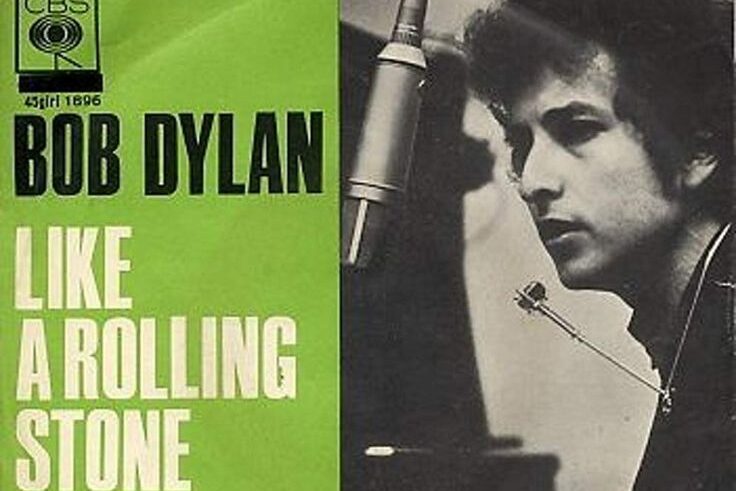
Bob Dylan’s “Like a Rolling Stone” was nearly shelved for its six-minute length and sharp lyrics. Executives said it was too long and abrasive, as radio rarely played songs over three minutes. Some stations tried shorter edits, but audiences demanded the full version. Released in 1965, it became a landmark in rock history, fusing folk storytelling with electric grit. Dylan himself admitted the song broke open his own songwriting style. What was once too unconventional to release transformed into one of the most acclaimed tracks of all time, forever changing the scope and ambition of popular music.
34. Hallelujah – Leonard Cohen
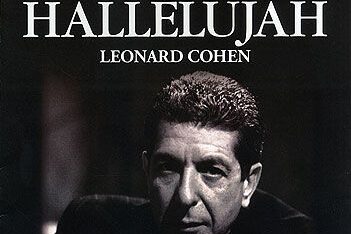
Leonard Cohen’s “Hallelujah” struggled from the start. Released in 1984, it went largely unnoticed, and even his label resisted putting it on the album. Many critics ignored it altogether. For years, the song remained in obscurity. Then John Cale and later Jeff Buckley breathed new life into it, with Buckley’s haunting version slowly gaining recognition in the 1990s. Today, “Hallelujah” is one of the most covered songs in history, celebrated for its spiritual depth and emotional resonance. What once seemed like an overlooked, forgotten track became an anthem of beauty, sorrow, and redemption cherished across generations worldwide.
35. Paranoid Android – Radiohead
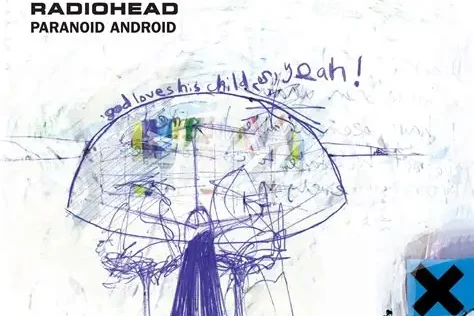
Radiohead’s “Paranoid Android” almost didn’t survive the editing room. Its six-minute run time and dramatic shifts between quiet passages and chaotic crescendos made executives nervous. They doubted audiences would embrace a song with no clear structure. The band insisted on releasing it exactly as they envisioned, calling it their version of a rock opera. In 1997, it defied expectations, reaching the UK Top 3 and helping OK Computer cement its status as a groundbreaking album. What seemed far too complex and strange became a defining track of the alternative era, symbolizing Radiohead’s fearless commitment to innovation and art.
36. Every Breath You Take – The Police

When Sting first shared “Every Breath You Take,” doubts ran high. Its sparse arrangement felt too minimal, and some bandmates complained it lacked energy. Others pointed out the unsettling lyrics, describing obsession rather than love. Despite the hesitation, they recorded it during tense sessions for Synchronicity. Released in 1983, it dominated charts around the world and became one of the most played songs in radio history. Sting later admitted it was darker than people realized, but that only added to its intrigue. What was nearly dismissed as too bare ended up as The Police’s biggest hit and lasting legacy.
37. Lose Yourself – Eminem

Eminem wrote “Lose Yourself” during filming breaks on 8 Mile, scribbling lyrics between scenes. Executives worried it was too tied to the movie’s story to resonate with a larger audience. Eminem, however, captured a universal message about seizing opportunity with raw urgency. Released in 2002, it became his first number-one single, earned him an Academy Award for Best Original Song, and remains one of the most motivating hip-hop tracks of all time. What was once doubted as too narrow became a cultural anthem, proving that authenticity and focus can speak to anyone chasing their own pivotal moment.
38. Satisfaction – The Rolling Stones

Keith Richards nearly forgot the riff to “Satisfaction.” He had recorded it half-asleep and thought little of it. Even after the band developed the track, their label hesitated to release it, claiming the fuzz-toned guitar and rebellious lyrics were too unconventional. Mick Jagger wasn’t sure either. But once released in 1965, it became The Rolling Stones’ first U.S. number-one single and a defining anthem of youthful rebellion. What was nearly discarded became one of the most recognizable songs in history, proving that sometimes the simplest ideas created in the most unexpected ways can change music forever.
39. My Generation – The Who
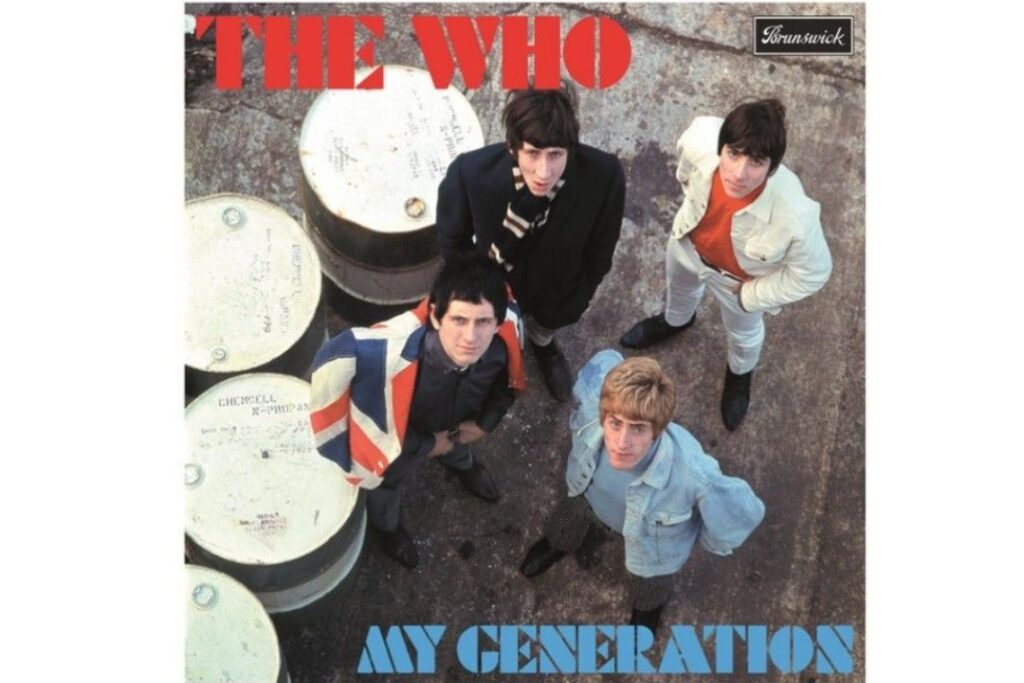
The Who’s “My Generation” was a bold statement in 1965. Executives worried the stuttering delivery would confuse listeners and that the angry lyrics might be too aggressive for radio. Some urged them to soften it, but the band refused, determined to capture the frustrations of British youth. The gamble paid off. It became their breakthrough hit, reaching the UK Top 5 and influencing punk and hard rock for decades to come. What was almost abandoned as too abrasive became a cultural rallying cry, showing that raw honesty in music can define not only a band but an entire generation.
40. Radioactive – Imagine Dragons

Imagine Dragons released “Radioactive” in 2012 to cautious support. The label wasn’t sure if its blend of rock, electronic beats, and dubstep influences would fit into radio formats. Some feared it was too unusual to succeed. Yet the track’s powerful chorus and apocalyptic energy connected instantly with audiences. It became one of the longest-charting songs in Billboard history and turned the band into a global powerhouse. What began as an experimental gamble evolved into a defining anthem of the 2010s, proving that blending styles boldly can reach millions and set new standards for modern rock’s possibilities.
This story 40 Iconic Songs That Almost Never Got Released, and Changed Music Forever was first published on Daily FETCH


